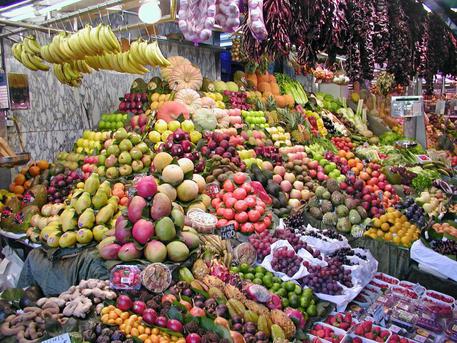(ANSA) - Milan, July 31 - Italians are ever more virtuous in the battle against wasting food, according to data presented Friday at the food-themed Expo world's fair. Italians have reduced food waste by 57% over 2013, and 81% today habitually check if food past its sell-by date is still edible before chucking it out, according to a recent report by the Bologna University national observatory on waste, or Waste Watchers.
Nutritionist Barbara Paolini told a meeting on educating students about food waste at home and at school that signs of improvement in Italy can be seen especially among young people.
"It's easier to educate the youngsters, who then at home pass their good habits on to their parents," explained Paolini.
"Adults are more likely to accept children's requests than to heed an expert," she said.
Food waste is usually due to ignorance about how to preserve food, she added.
"There are too many stages between producer and consumer in the food chain," Paolini said.
Respecting produce seasons, buying and cooking only what is needed, and using imagination to recycle the left-overs all help reduce waste.
Paolini added that while Italians have become more waste-conscious, each family still wastes an average of six euros' worth of food a week, or 630 grams of dairy products, fruit, fish, and meat.
"Each year, half of the food that is produced in the world ends up in the rubbish bin - while at the same time, one billion people in the world don't have access to food," Paolini said.
Italians learning to not waste food-Expo
'Half of world's food thrown away, while 1 billion go hungry'
